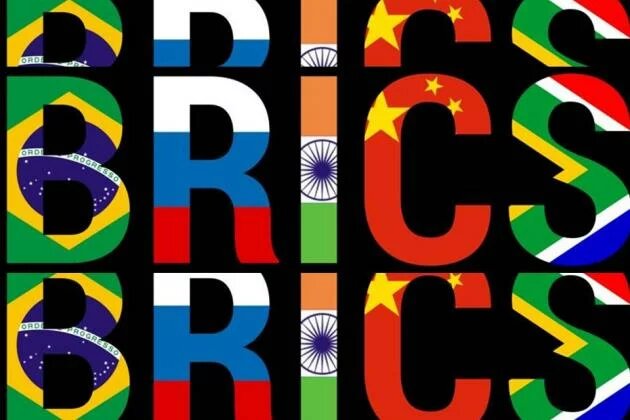
Introduction
The main objective of this article is to assess China’s roles in the G20 and the BRICS (consisting of Brazil, Russia, India, China and South Africa) and identify some implications for the future. China is now an important member of these groupings that might play a significant role as building blocks in global governance, but for the purpose of this article, it was necessary to evaluate how important these two groupings are from the Chinese perspective and how their future prospects are seen in China (officially and academically).
China has steadily stepped up its international/global engagement over the last two decades. It is now a member of basically all international organizations and institutions and a significant investor in virtually all regions of the world. While Deng Xiaoping’s dictum for China’s foreign policy – to “keep a low profile” – has not officially been given up, it is clear that China’s interests have become global and this is accompanied by a domestic debate about what kind of role China should play in the world. One central question raised is whether China is a status quo power that accepts the international order and its rules and norms or if it will try to change the international system by creating its own institutions which might also push for a different set of rules.
The growing importance of China at the global stage is reflected by its role in the G20 and the BRICS. As a reaction to the global financial crisis, the G20 was “upgraded” to heads of state level, and China – together with other emerging countries – became a regular member of this “club”. Then, on the initiative of Russia, the BRIC group began to hold its own summits in 2009 and in 2012 accepted South Africa as the fifth member (so the acronym is now BRICS).
These developments are manifestations of a global power shift that has implications for global governance and the industrialized nations of the global North, but also for South-South cooperation.